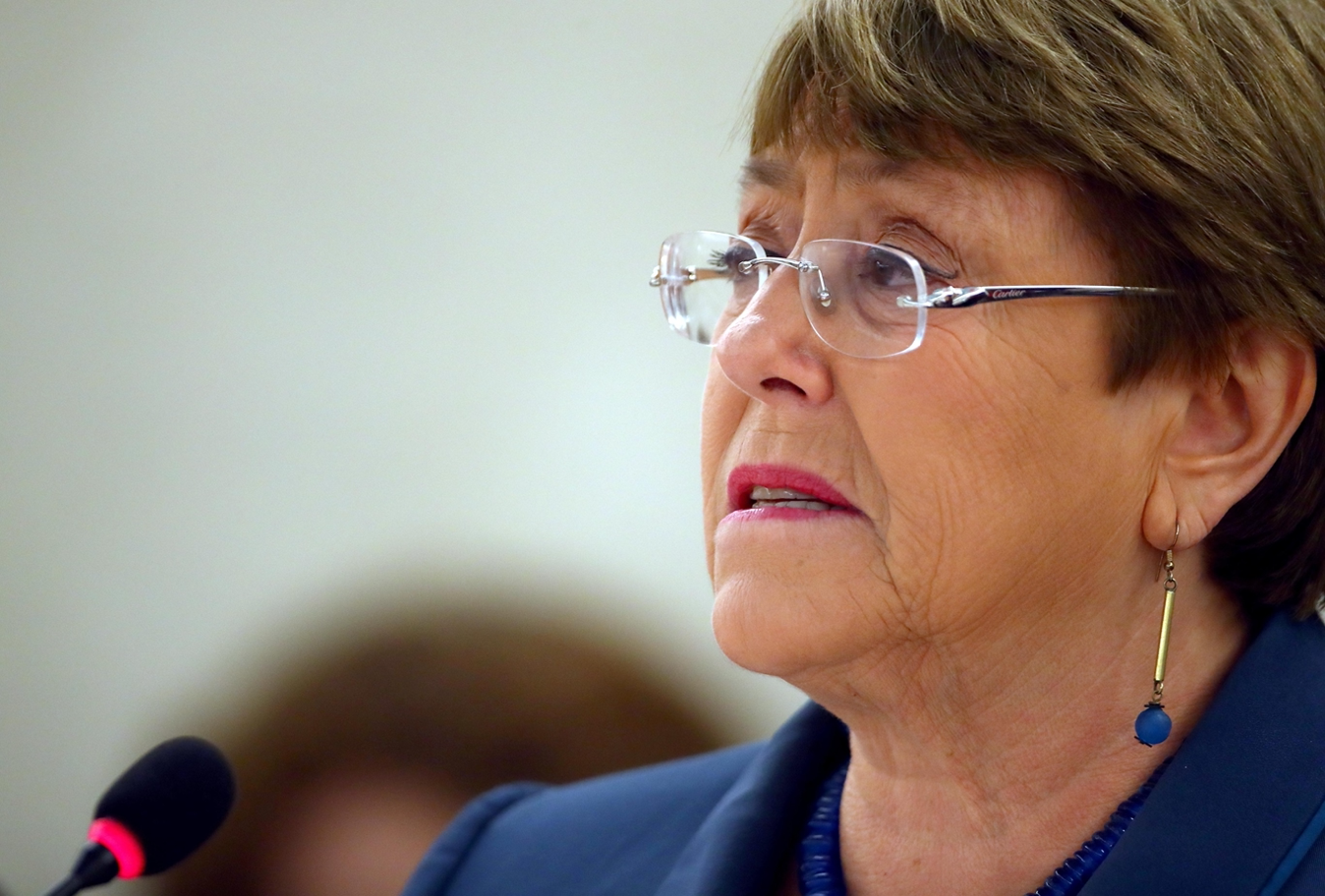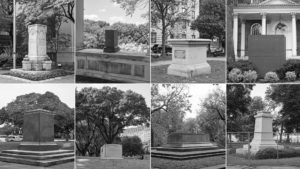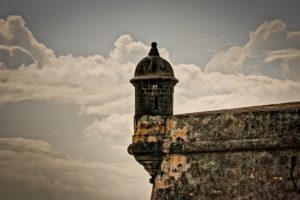CARACAS (Reuters) – Restrictions on civic space in Venezuela remain a cause for concern, U.N. High Commissioner for Human Rights Michelle Bachelet said on Monday.
Bachelet’s office said it documented 97 incidents of “stigmatization, criminalization and threats against dissenting voices, particularly towards civil society, media and members of the opposition” from June 2020 to May 2021.
The vast majority of those incidents involved individuals criminally charged for “legitimate forms of civic engagement,” Bachelet said.
The arrest of three members of NGO FundaRedes was a “worrying example” of this kind of criminalization, she said.
Javier Tarazona, the director of NGO FundaRedes, which has been the most active entity denouncing abuses and illicit activities by irregular Colombian armed groups in Venezuela, and two others were charged with instigation of hatred, treason and terrorism on Saturday.
The report also raised concerns about conditions in detention centers, due process, and access to basic services, and called for vaccines to be available to all.
“I call for all detained persons to be guaranteed access to adequate food, water, sanitation and sanitary care,” said Bachelet.
In response, Venezuela’s foreign ministry released a statement on Twitter, saying “from a handful of alleged complaints of human rights violations, they made unverified accusations.”
It said the report is part of a “lie constructed to artificially feed a case before the International Criminal Court, with the political objective of destabilizing the country’s democratic institutions.”
The high commissioner did welcome some actions she saw as progress, including police and justice reforms, a downward trend in alleged deaths in protests and security operations, and some improvement in impunity, noting the conviction of a police officer who killed a protestor in 2017.
She noted that Venezuela’s top prosecutor had agreed to give her office access to case files of human rights violations.
Reporting by Sarah Kinosian; Editing by Sonya Hepinstall




